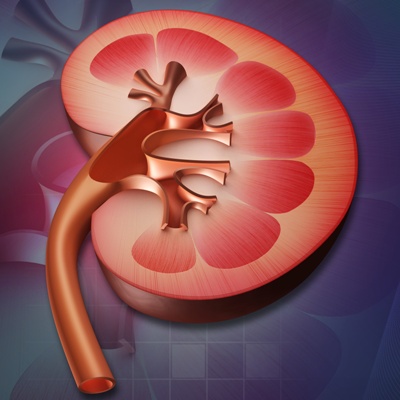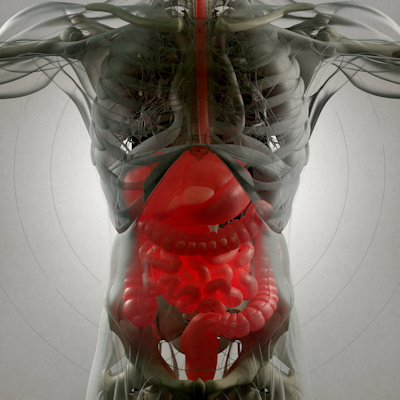October 13, 2022 -- The National Science Foundation (NSF) awarded a professor at the University of Pittsburgh Swanson School of Engineering -- along with a multidisciplinary team -- $500,000 to produce scalable, high-quality organoids.
Organoids can replicate native tissue development but often are constructed via chemical experiments. This method has limitations, including a lack of consistency. To remedy this, the University of Pittsburgh-led team will engage mechano-transduction pathways to regulate manufacturing while also exploiting cytoskeletal rearrangements that are part of the organoid phenotype. The mechano-transduction will be controlled by bioprinting the organoid phenotype and machine-learning models will identify signature cytoskeletal states associated with the phenotype.
Using artificial intelligence models will enhance accuracy in predictions of organoid behavior for further research, according to the investigators. Also, bioprinting will enable them to scale up the production of the organoids in quantity and quality over time, without the restrictions currently faced using traditional methods, they contend.
Their attempt will be the first to create a roadmap to produce high-quality organoids, as well as integrate quality control in the manufacturing pipeline, according to the team.
Copyright © 2022 scienceboard.net






